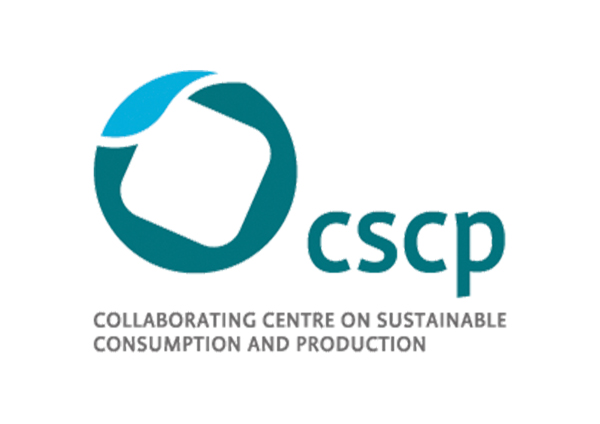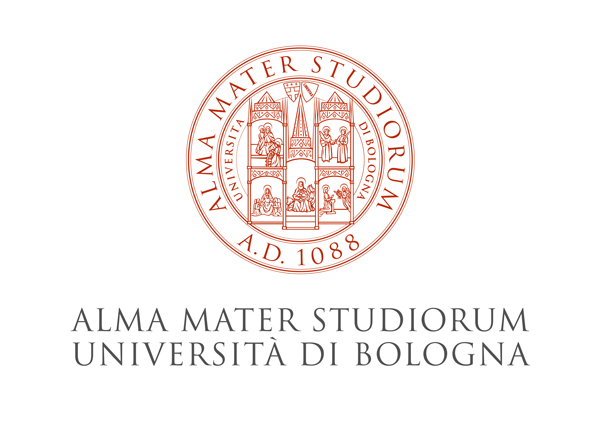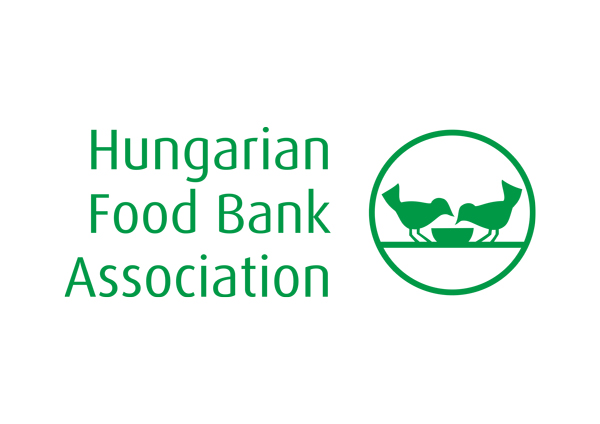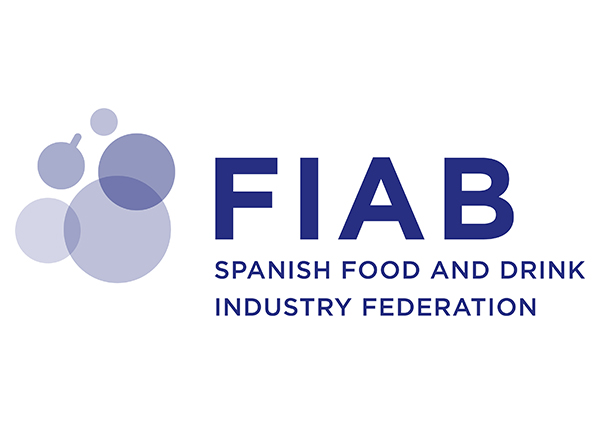Rationale
About 65% of FW in restaurants is considered as avoidable. The reasons behind this, are mostly in over-preparation, overfilled buffets, incorrect portions, no practice of consumers taking home their leftovers, preparation residues and over-ordering, overstocking and lack of adequate storage facilities. Consumers are generally not used to ordering food in advance, and restaurants are not providing this option either. Restaurants usually prepare mealslargely based on personal estimation and past experience and fresh ingredients are mostly ordered one day ahead to retail.
The use case deployed in the region of Pomurje, Slovenia, will build on past/existing initiatives for reducing FW in restaurants, investigating the processes and behaviour at three layers: retail and short food supply chains – delivery of fresh ingredients to restaurants, restaurants – storing and preparing food, managing FW and leftovers, consumers – ordering, leftovers perception.
Objectives
1 To understand interactions between retail, restaurants and consumers, and their drivers (business, social) influencing food ordering, delivery, preparation and consumption.
2 To identify the social drivers and norms underpinning them.
3 To understand behavioural drivers that are preventing all three actors to perceive FW as a problem (lock-ins).
Partners
















